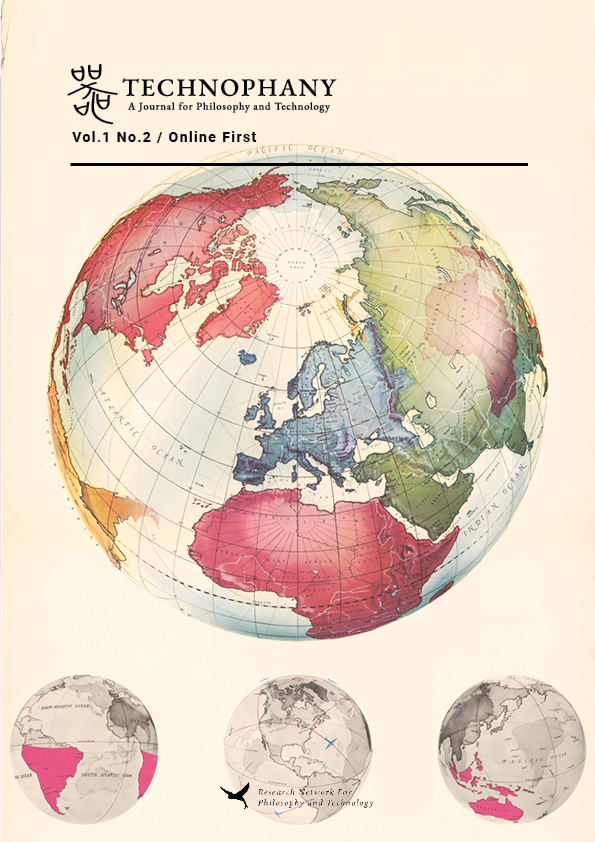From Simondon to Philosophical Relativity
DOI:
https://doi.org/10.54195/technophany.13601Abstract
I call Gilbert Simondon’s philosophical doctrine a “genetic encyclopaedism”, insofar as such a doctrine unifies his two doctoral theses: Individuation in Light of Notions of Form and Information and On the Mode of Existence of Technical Objects, and at the same time distinguishes itself from his courses published posthumously. The problem of the unity of these two theses was one of the many problems that I have encountered in my early work to articulate an exegesis of Simondon’s thinking. However, this exegetical work, although animated by the conviction that I could reveal all the strength and relevance of his thought, was in fact always directed towards something Post-Simondon. Even before my doctoral thesis, such effort was guided by the project of a future “all-encompassing refoundation” of his ontology within a new and global system whose first problematics will be a post-Wittgensteinian and post-Heideggerian “philosophical semantics”, and which will bear the name “Philosophical Relativity”. In this new theoretical context, ontology will become a second problematics and no longer a “first philosophy” as Simondon called it. The particularity of such a new and global system is that it does not constitute a system of Knowledge per se, since its globality is the consequence of the diffraction of meanings, a remedy to the traditional objectivation of meanings that knowledge entails, as well as to relativism itself – insofar as the latter still belongs to the objectivation of meanings by a philosophizing individual. This is what an internal criticism of genetic encyclopaedism itself will lead to.
Downloads








